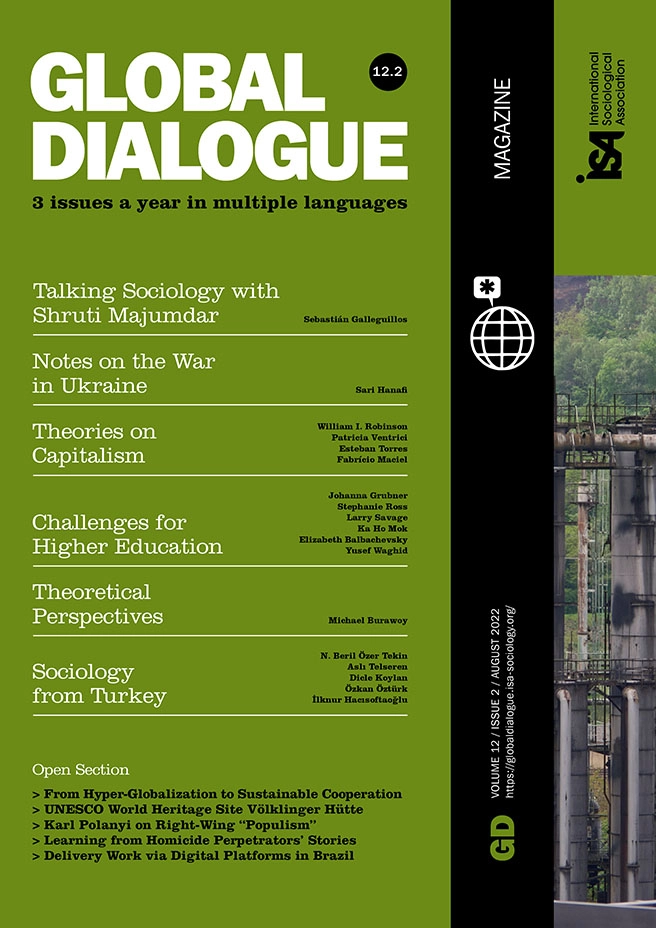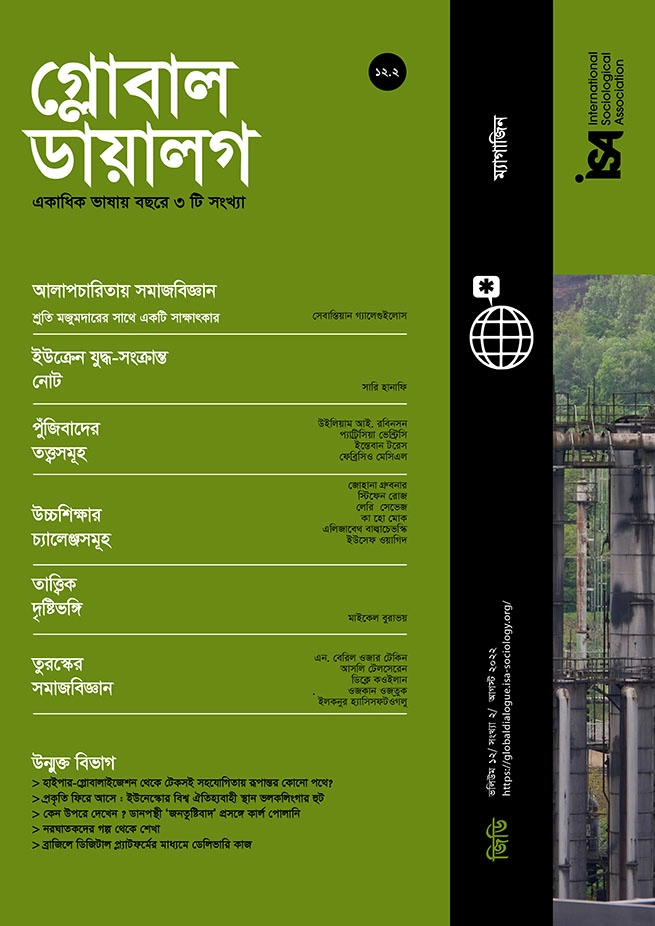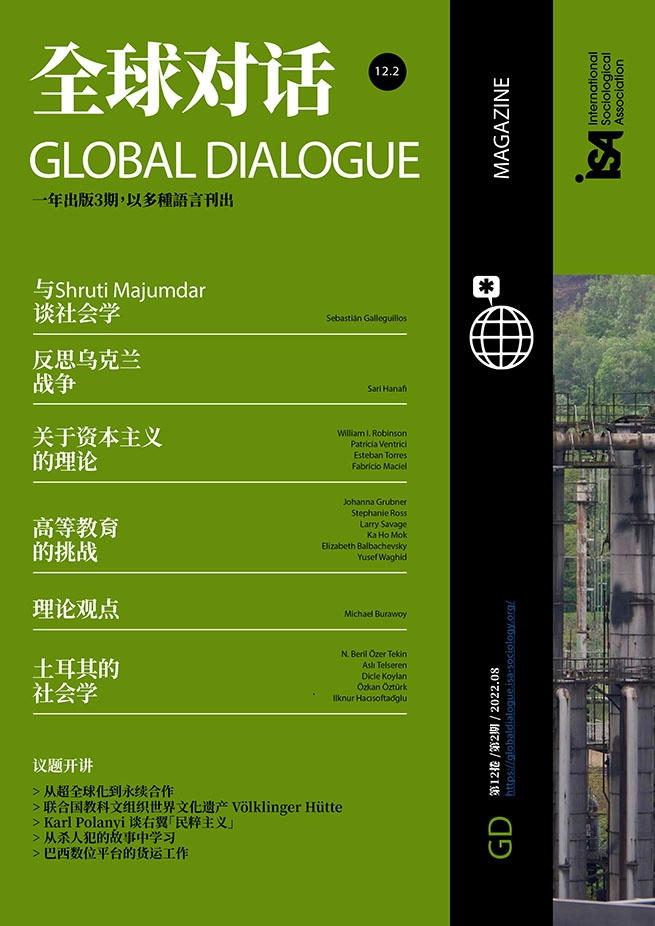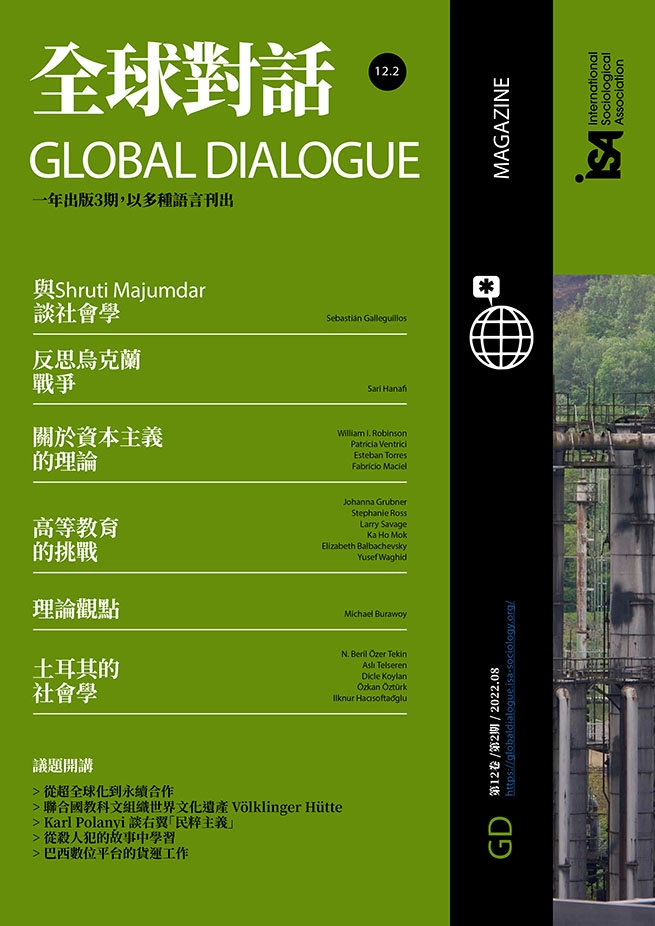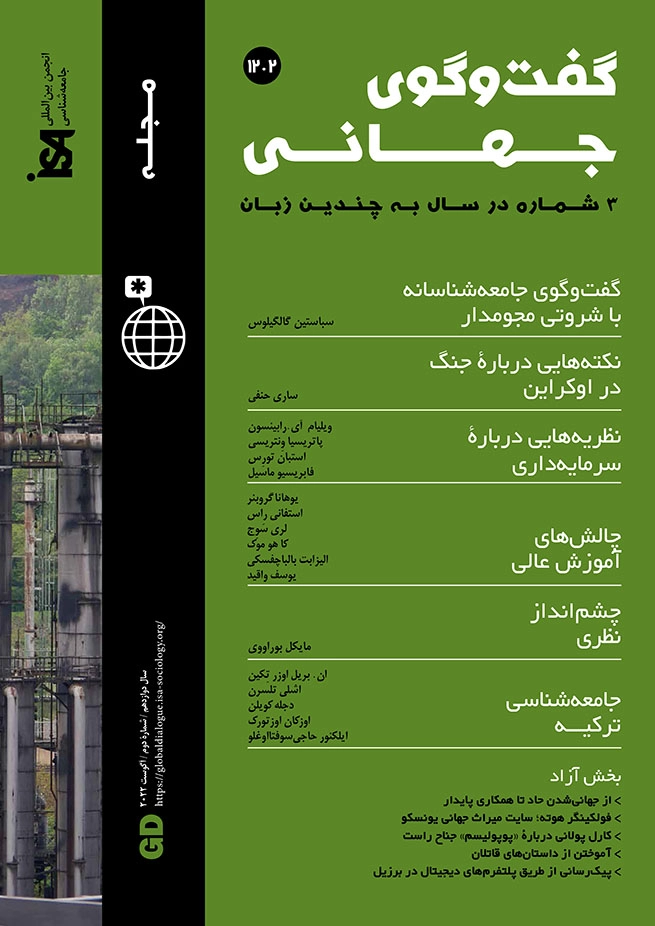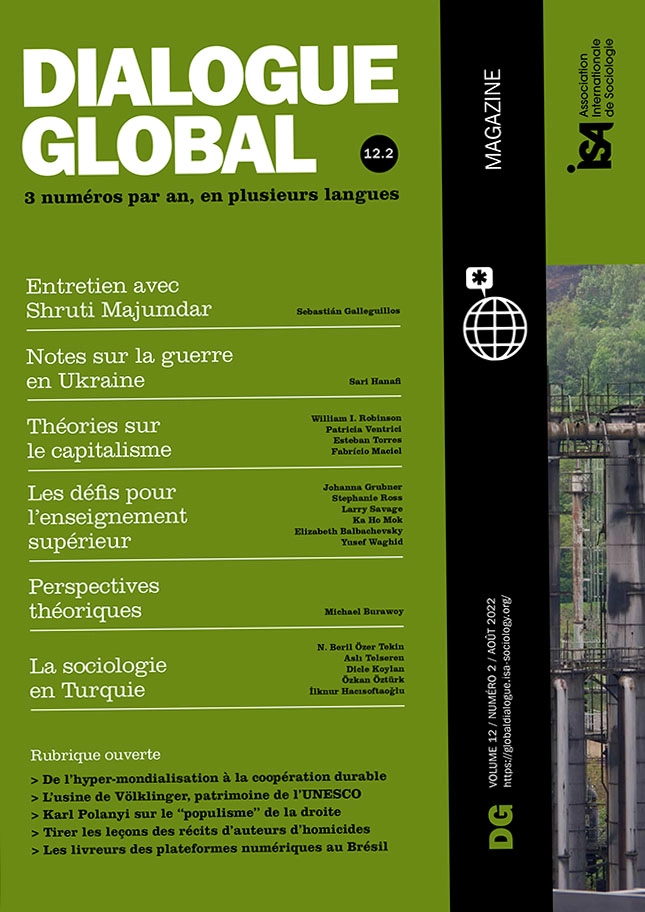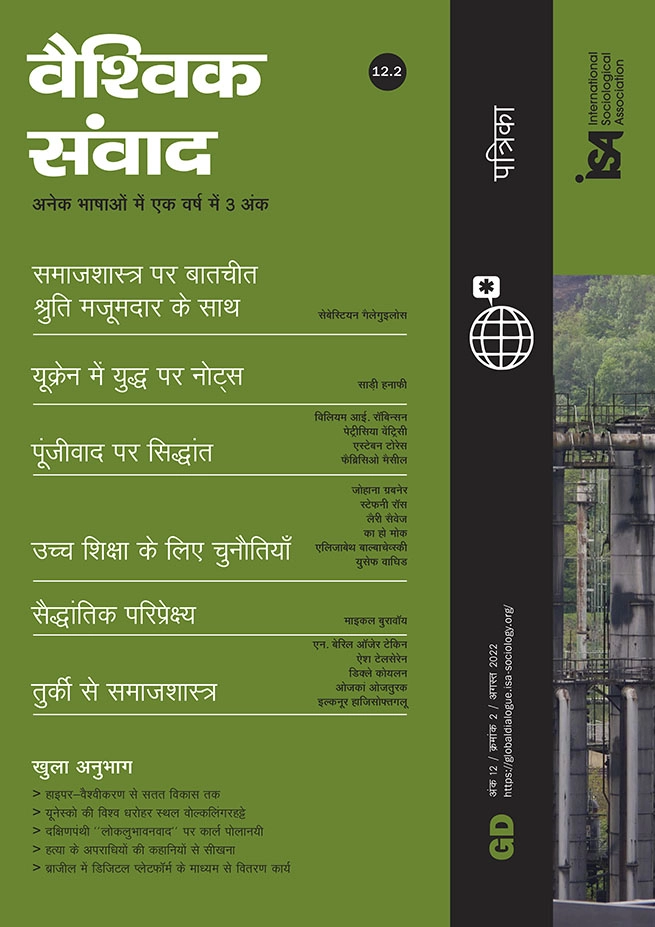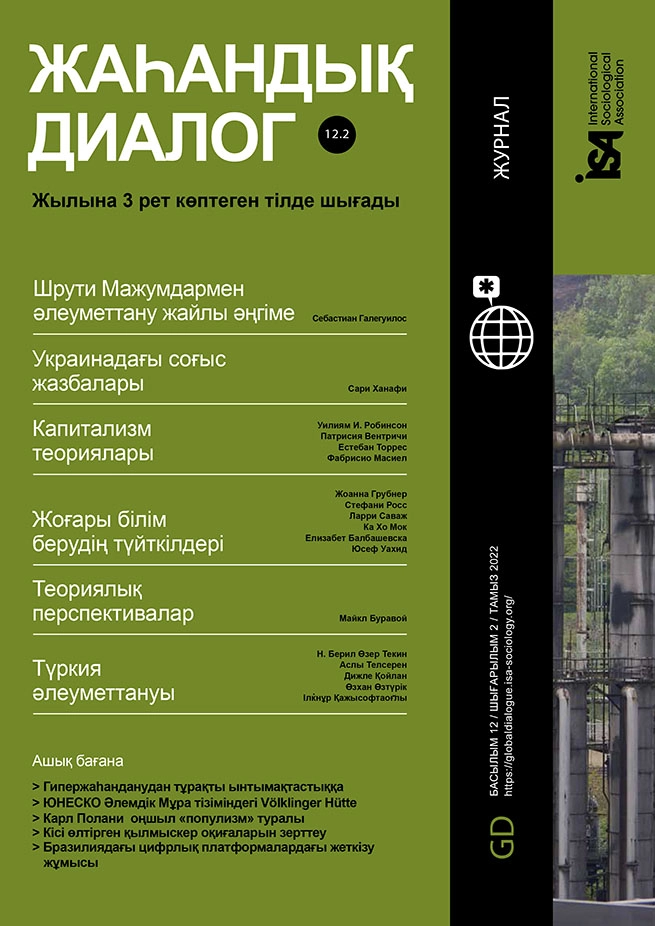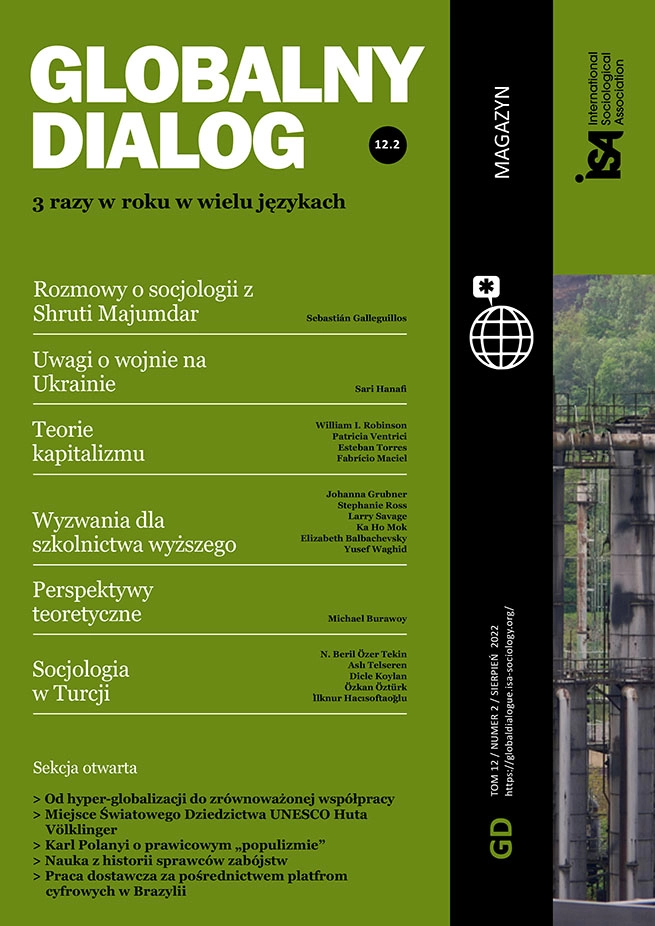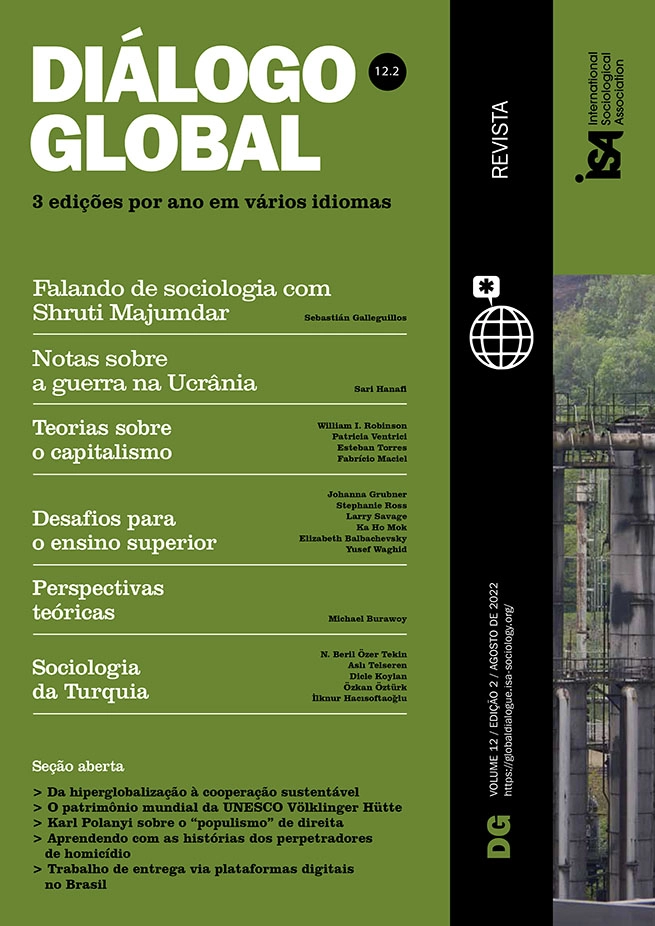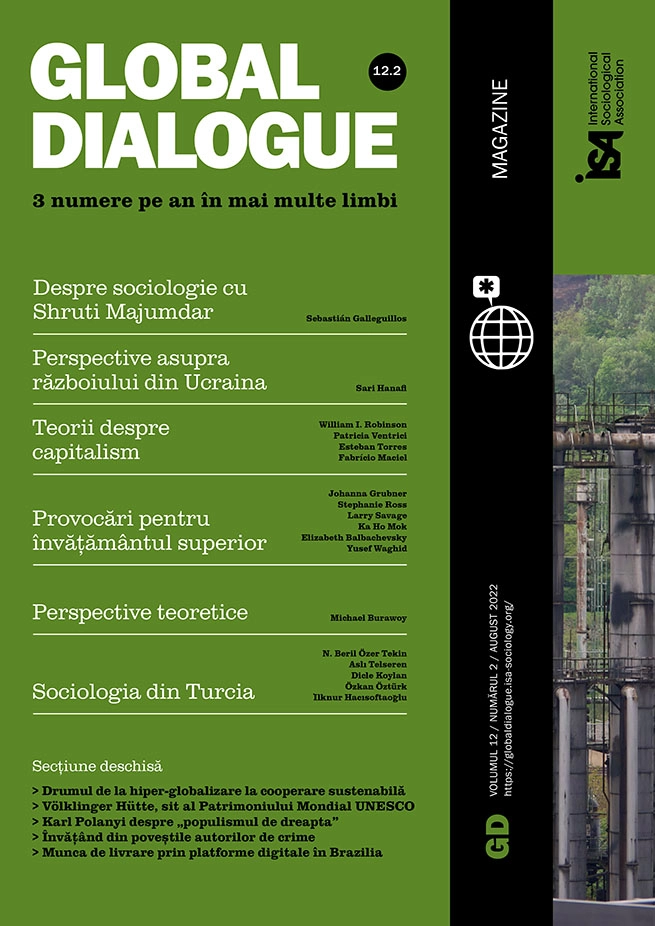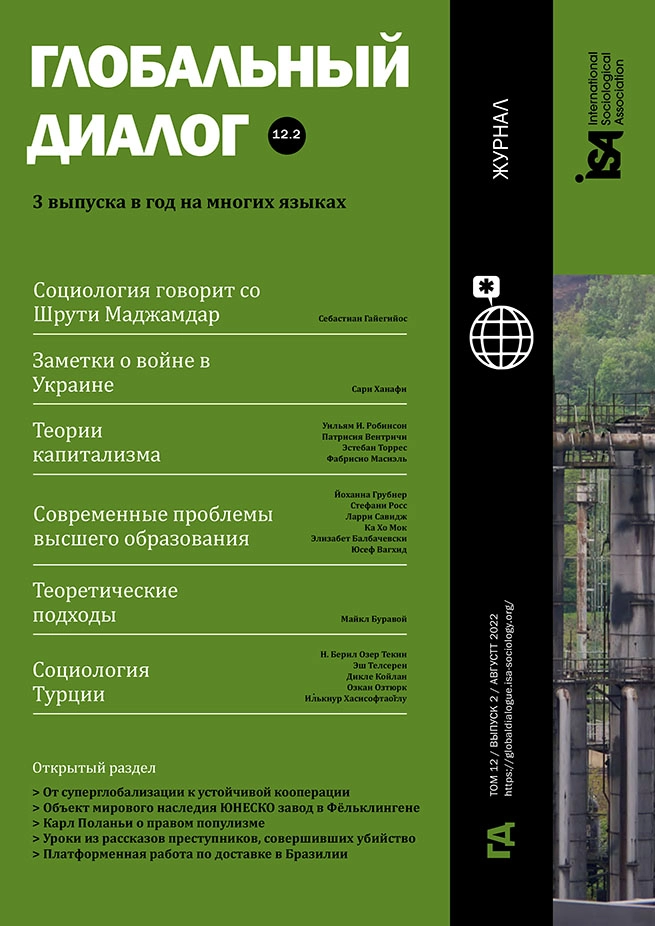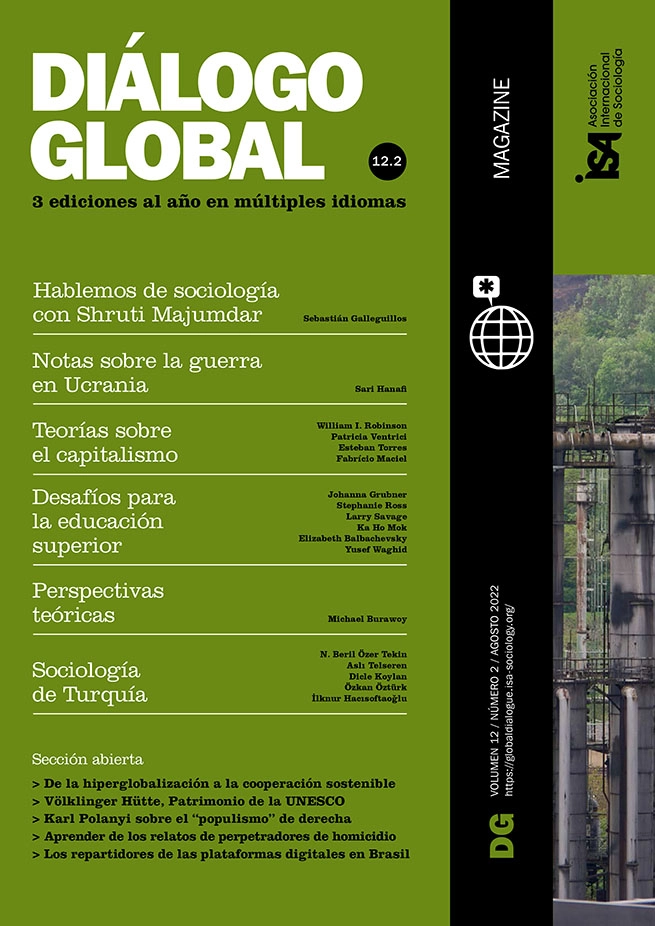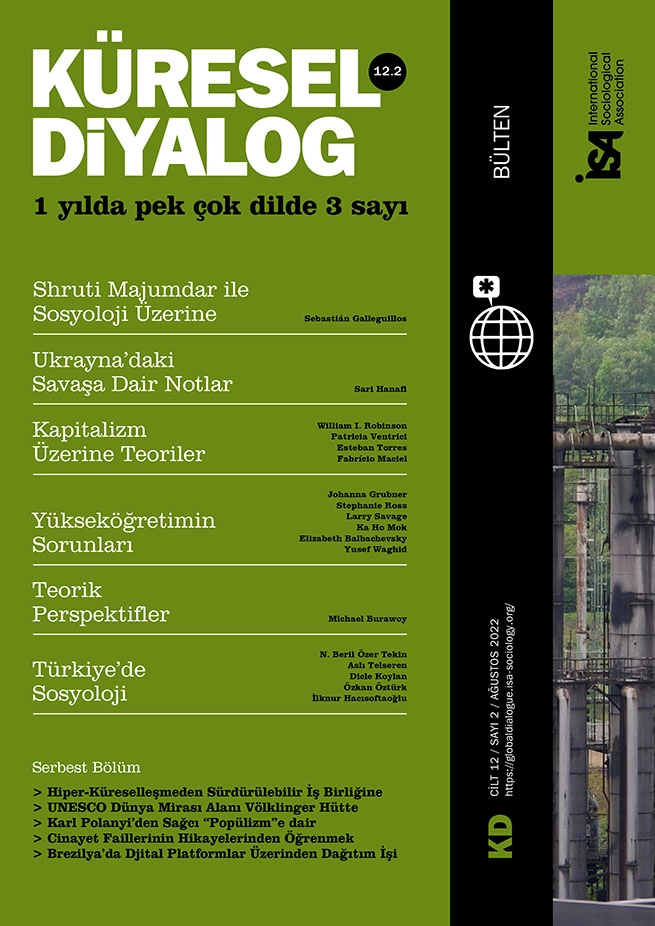The social and ecological distortions of capitalist “hyper-globalization” (Dani Rodrik) have been the subject of much global sociological research, in particular, research on the mode of capitalist production, which generates different working conditions along its global supply and value chains. These chains are usually dominated by transnational corporations that have their headquarters in the states of the capitalist North and their supplier companies in the Global South.
Asymmetries in global supply chains
Global research has also shown massive violations of the International Labour Organization (ILO) core labor standards and basic human rights in the working conditions along these chains. Along the line from the original equipment manufacturers (OEMs) in the capitalist North to the producers of intermediate products (suppliers) in the Global South, a tendency towards poorer working conditions and higher health risks can be observed. This geographical disparity is complemented by different environmental factors that cause health hazards.
Without the elimination of this glaring discrepancy between the reality of work and applicable legal and ethical norms, the transition from hyper-globalization to sustainable cooperation cannot succeed. The asymmetric structure in the distribution of workloads and health opportunities is consequently a recurring starting point for workers’ resistance and trade union initiatives to achieve improvements. However, change is hard to effect because the asymmetrical distribution of burdens corresponds to the unequal distribution of profits and costs. The economic advantages of undisturbed supply and production relations are concentrated with the owners of the OEMs in the countries of the capitalist North, thus benefitting those with global power and privilege. So far it has been possible only in a few cases to build up trade union power structures along the supply chains or to persuade the governments of the metropolitan states to introduce effective social and ecological regulations.
Capitalistic globalization at the tipping point?
However, the Great Financial Crisis of 2008 as well as the global COVID-19 pandemic have made the dark side of capitalist hyper-globalization perceptible even to the profiteers of this constellation. The renaissance of an uncoordinated “wild protectionism” tore apart global supply chains and value creation processes. Sales markets were abruptly closed and a lack of primary products led to interruptions in production. Even though in some cases it was possible to find new suppliers and open up alternative sales regions, rising procurement costs and additional market development costs still put pressure on profits.
There has also been a second development. In the capitalist metropolises, the segmentation and precarization of dependent gainful employment have given rise to zones of underprivileged labor. They exist in the social form of wage labor or as dependent self-employment, with different degrees of disadvantage in terms of work, health, and environmental burdens. In Germany during the Corona pandemic, this became evident in the scandalous working conditions of workers from Southeastern Europe in the meat industry. Here, even the minimum legally prescribed hygiene and infection protection measures enacted by German legislators, not least due to pressure from German trade unions, were lacking. Media coverage of these unlawful and inhumane conditions put considerable pressure on the corporate and political actors responsible.
A third development is the legislative interventions in Europe that impose new due diligence obligations on corporations headquartered there. This could open up opportunities for positive effects on the working conditions of suppliers in the South. In Germany, for example, a so-called Supply chain law (“Lieferkettensorgfaltspflicht-Gesetz”) was pushed through under pressure from a social alliance. And in 2021, the European Parliament approved the draft Directive on Corporate Due Diligence and Corporate Accountability. Even if the effectiveness of these rules is by no means certain, they can be starting points for company and trade union initiatives.
The vulnerability of global supply chains, which has once again become apparent in the pandemic, has spurred a debate on the risks and rationality of an overstretched globalization. The German economist Sebastian Dullien, for example, has questioned whether the globalization of the production economy has passed its optimal point and the marginal utility of further globalization can no longer compensate for the risks. In view of the massive damage and suffering that the financial market crisis and the Corona pandemic have caused, especially in the Global South, trade unions and other actors are faced with the task of identifying a possible change to the path of globalization. The costs of an increasingly fragile globalization, the heightened sensitivity to the over-exploitation of migrant workers, and initiatives to strengthen the due diligence of transnational corporations are creating new conditions for activities aimed at social and ecological regulation of the global economy.
Research lines of a global public sociology
What should this mean for global sociological dialogue? How can critical social science contribute to the improvement of working conditions in this historical constellation? First, researchers in the countries where global value chains are located would have to agree on a common sociological self-understanding and on common lines of research. Michael Burawoy’s dictum of a global public sociology, which has already produced impressive research findings, would be a suitable basis. From a labor sociology perspective, a line of research oriented towards the ecology of work would be useful. More research is needed into the interests, strategies, and obstacles to the implementation of social-ecological regulations and minimum standards along global value chains.
The interconnectedness of economic, ecological, and legal problems also requires research in which political economy, socioeconomic, and human rights approaches are intertwined. Aspects of sustainable reproduction of labor, societies, and nature must be bundled into common research questions. Research under the label of working-class environmentalism or environmental labor studies could provide starting points here.
A line of research oriented towards an organizational sociology would also be necessary. So far, attempts to combine the power resources of national trade unions by forming transnational umbrella organizations have remained unsatisfactory. Efforts to build up trade union power structures along global value chains also face major obstacles, such as insufficient financial and human resources, especially in the Southern trade unions and company-based interest groups, and cultural cleavages fed by national and trade union traditions. Research must explore whether the experience of being jointly affected by the consequences of hyper-globalization can also promote joint strategy-building processes.
Outlook
Sociological research has shown that the transition from hyper-globalization to a regime of sustainable cooperation is blocked less by a lack of knowledge than by interest and power structures. These cannot be eliminated by new research efforts alone. But the growing skepticism about the rationality of production and value-added linkages in global capitalism may have opened a window of opportunity. If global sociology accompanies this new awareness with critical research, new fields of cooperation and new opportunities for a global public sociology could arise.
Hans-Jürgen Urban, IG Metall and Friedrich Schiller University Jena, Germany <Hans-Juergen.Urban@igmetall.de>





